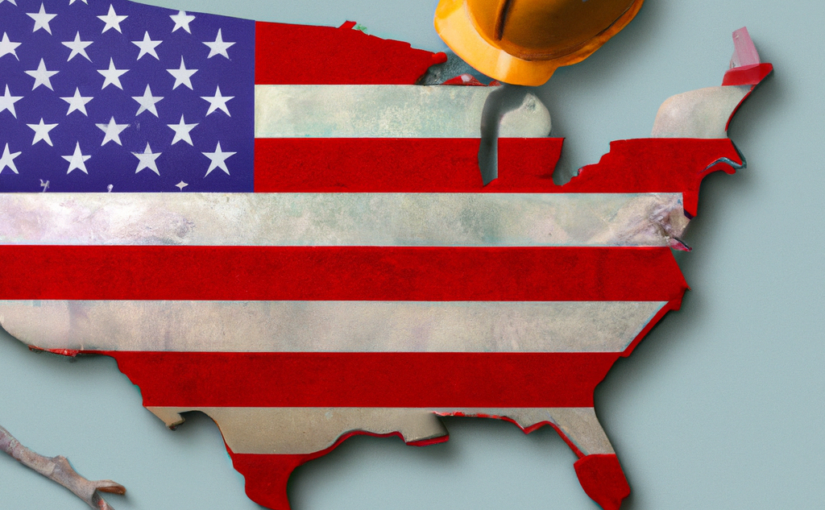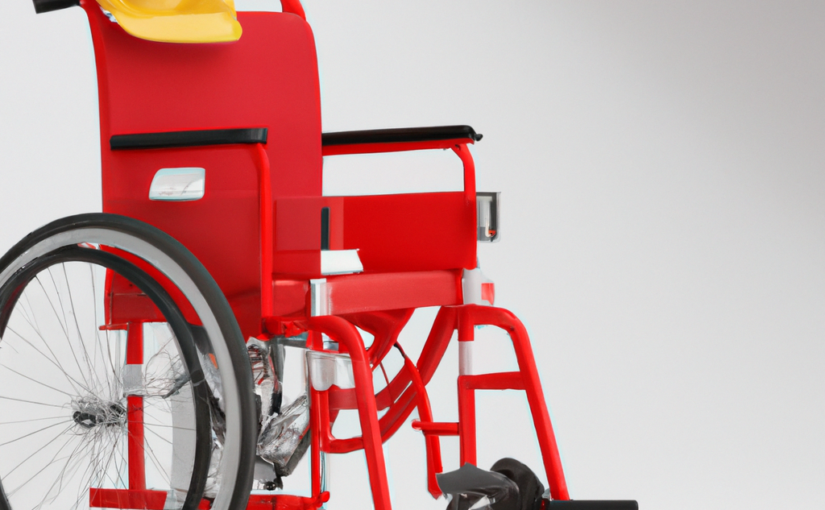Iowa Supreme Court Rules on Workers’ Comp Claim Timeliness: “Knowing is Half the Battle”
Case Background: An Iowa farm worker injured his right elbow while vacuuming grain and underwent surgery for a subsequent shoulder tear. The workers’ compensation carrier denied his claim based on the two-year statute of limitations, arguing he knew of the injury more than two years before filing.
Legal Issue: Did the “discovery rule,” which delayed the start of the limitations period until the worker knew the injury was serious enough to affect his employment, apply in this case?
Holding: No, the discovery rule was abolished by a 2017 amendment defining “date of occurrence of injury” as the date the employee knew or should have known the injury was work-related.
Reasoning:
- The amended law eliminated the need for a separate discovery rule by explicitly stating when the time limit starts.
- The court interpreted the legislature’s intent as setting a clear benchmark for filing claims, regardless of the injury’s severity.
- In this case, the worker knew or should have known his elbow injury was work-related over two years before filing, making his claim untimely.
Implications:
- This decision simplifies the statute of limitations by removing the uncertainty of the discovery rule’s “permanent adverse impact” test.
- Workers must be more proactive in filing claims if they know or suspect a work-related injury, even if its seriousness is unclear.
- Employers benefit from increased clarity and predictability in determining claim timeliness.
Additional Notes:
- The case also addressed the worker’s claim for reimbursement of his independent medical examination (IME) costs. The court upheld the lower court’s decision to award reimbursement based on substantial evidence supporting the IME’s value.
- This case serves as a reminder for workers and employers to understand the legal requirements surrounding workers’ compensation claims, particularly the revised statute of limitations.










